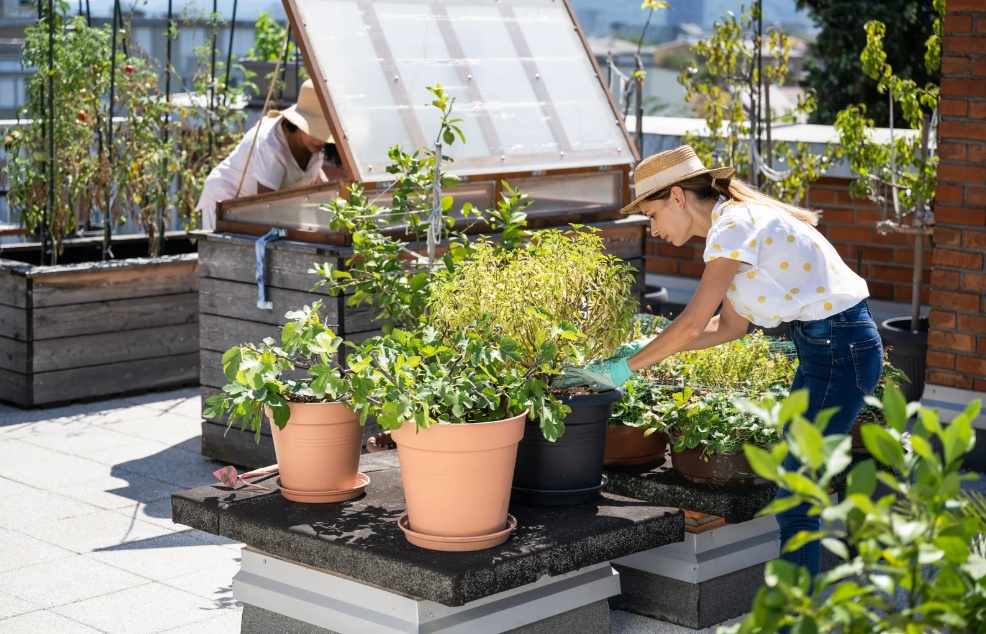As part of a growing movement toward sustainability and local food production, several major US cities are now embracing urban farming initiatives aimed at addressing food insecurity, reducing carbon footprints, and fostering a deeper connection between residents and the food they consume. These innovative programs are transforming unused urban spaces into productive green zones, bringing fresh, locally-grown produce to communities and helping cities become more self-sufficient.
In cities such as Detroit, Philadelphia, and Portland, urban farming is rapidly becoming a key strategy for promoting sustainable living. Local governments and non-profit organizations are partnering to convert vacant lots, rooftops, and public spaces into thriving urban farms, where residents can grow their own food and learn about sustainable agriculture. These initiatives not only combat the environmental impact of industrial farming but also provide affordable, nutritious food to communities that often lack access to fresh produce.
Detroit, a city that has long struggled with issues of food insecurity, has launched a city-wide program known as “Green Detroit,” which aims to turn vacant properties into community gardens and urban farms. Through a combination of public investment and partnerships with local organizations, Green Detroit is transforming blighted areas into lush, productive spaces. Residents have the opportunity to volunteer, learn farming skills, and harvest food to take home, helping to strengthen community ties and address the city’s food desert problem.
In Philadelphia, the city government has rolled out a series of urban farming grants designed to encourage local residents to start small-scale farms in their backyards or vacant plots of land. The initiative also supports food justice efforts by providing education on how to grow sustainable, organic produce. The program’s focus is on ensuring that fresh food is available to all, especially in neighborhoods where grocery stores with healthy options are scarce.
Portland, known for its eco-conscious mindset, has taken the urban farming movement one step further by incorporating innovative technology. The city is experimenting with vertical farming on commercial rooftops, where produce is grown in stacked layers using hydroponics and other soil-free methods. This technology reduces water usage and allows for year-round farming in a climate-friendly manner, making it an ideal solution for urban spaces with limited land availability.
The rapid growth of urban farming across the US is a testament to a shifting mindset toward sustainability, local food production, and environmental responsibility. By converting unused spaces into productive farms, cities are not only helping to reduce their carbon footprints but also fostering more resilient, connected communities. As these programs continue to expand, urban farming may well become a cornerstone of sustainable living in the years to come.


